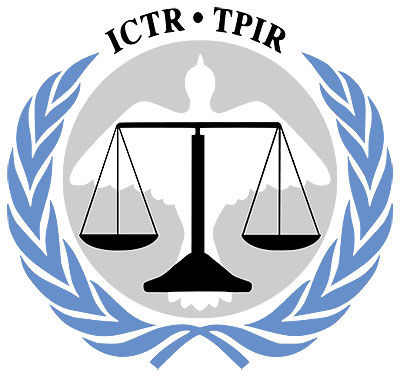Editor, Refer to Felly Kimenyi’s article, “The paradox that international justice can be” (The New Times, November 21).


Editor,Refer to Felly Kimenyi’s article, "The paradox that international justice can be” (The New Times, November 21).Bitter experience with how international justice functions should have taught us that, more than a paradox, "international justice” is an oxymoron.Contrary to the writer’s view that the ICTR has done a good job, even if that is only in comparison with its peers, my own view is that its performance has in fact varied between dismal to deleterious, with the benefits mainly accruing to the legal profession and the Tribunal’s administrators and staff than to the victims in whose name this establishment was created.For the amount of resources at its disposal, the Tribunal’s effects on Rwandan society have been less than a tenth of that of the Gacaca Courts (Rwanda’s semi-traditional justice system) with a very small fraction of the resources.Perhaps the most basic flaw in the design of the institutions of "international justice” is that nobody has answered the question: whose justice (to whom are the institutions created to deliver this so-called justice answerable?).If not to the society affected by the crimes being judged (i.e. the Rwandan society in the case of the ICTR), to whom are the institutions accountable? How can the justice be more than an abstraction that does not touch those affected by the crimes being judged when those affected are far removed from the venue of judgment and the judges and prosecutors only have a very weak and academic understanding of the victims in whose name they are supposedly judging?Even if we accept that judgments need not be retributive, how is the judgment by strangers supposed to affect the victims of the crimes being judged, when there are no practical remedies provided for the practical consequences of the injury suffered by the victims as a result of the actions of the suspects who are being judged?In the final analysis, the inevitable conclusion of a keen observer of "international justice” processes is that victims are relegated to the role of bit players in a theatrical production in which the star and lead actors are the judges, prosecutors and defence attorneys.In this theatre of the absurd, real live victims are merely suffered, not heard or listened to. In some cases, in fact, the trials become not those of the culprits but of the victims themselves who are given the third degree by the defence attorneys and are sometimes transformed into figures deserving only of mirth.Remember the case of Rwandan women raped during the 1994 Genocide against the Tutsi, who were asked to describe the shapes, sizes and distinguishing features of the sexual organs of their rapists with the judges and assembled attorneys bursting out in mirth?What kind of justice is this that is so solicitous of the rights of suspects but has absolutely no place for the feelings and basic interests of their victims?Mwene Kalinda, Kigali


